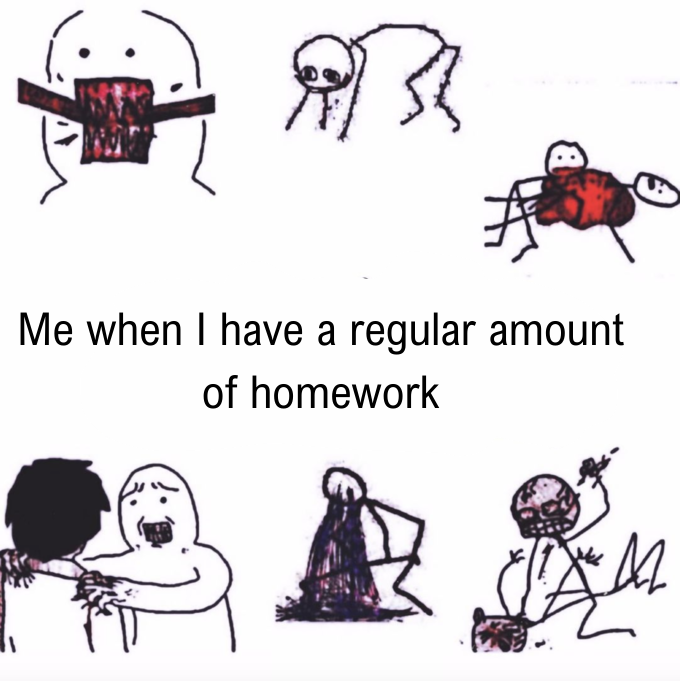As finals week rapidly approaches, students may find themselves weighed down by the overwhelming heaps of work thrown at them.
As an English major, most of my work is project-based. This requires an extra level of time management that I am working extremely hard to develop.
However, I am a person with mental health issues. This is why I come before you to share wisdom bestowed on me by several mental health professionals.
- Be kind to yourself
If you end up procrastinating, it’s unlikely you will be proud of it. If you are anything like me, you probably dedicate an unnecessary amount of time to berating yourself for not doing work.
What I have learned is that this does not help anything. In fact, it can make a person less likely to do their work because it lowers motivation even further.
A few of the thoughts that circulate in my head are:
“What’s the point of doing anything if I’m just going to procrastinate?”
“I am so bad at time management that I do not have the right to improve.”
“This is what I get for not working as hard as I could have.”
I even know people who deny themselves food and sleep over such things, which is never okay.
If you procrastinate, you do not need to beat yourself up. Is it a good habit that should be celebrated? No. Does this mean you deserve punishment? Also no, because you will then spin a narrative about yourself as deserving of the stress and anxiety procrastination brings.
Your mistakes are in the past. Dwelling on them may feel productive, but it will not write a paper for you.
Accept your procrastination situation and move forward.
2. Take real breaks
It is a classic study tip to take a break after finishing a task. However, my therapist brought up a great point: is it really a break if you spend it thinking about how you shouldn’t be taking one?
It is another example of mock-productivity. It feels safer than doing the actual work, and you pretend you’re making progress because “at least I’m thinking about it.”
Say you find yourself extra depressed and unable to complete an assignment, so you decide to spend time with friends. Do you continuously say to yourself, “I need to be working I need to be working IneedtobeworkingIneedtobeworking?”
If the answer is yes, this is far from restful. When you take breaks, remove yourself from your work entirely. This will give your body and brain the space to actually recharge in the way it needs, even if it is only for fifteen minutes.
3. Set small goals
Compartmentalizing may be the best advice I have ever received for anything. Think of each sentence, each pencil stroke as an individual challenge.
Rather than the broad goal of knowing everything for a test, try just opening your book. Acknowledge that you did something hard then read one sentence. Repeat this process until you feel fatigued. Then, remind yourself that you are not lazy for wanting a break.
Take that break and come back for another small goal.
My therapist shared this trick with me in terms of getting out of bed. It is much more overwhelming to think of going to class instead of the single steps of getting ready.
I stand up. Yay, I didn’t think I could do that. I brush my teeth, no small feat. I get dressed, I eat, I get on the bus. The act of going to class is now the easy part.
If at any time you fail and it turns out you can’t complete that next sentence or read the next paragraph or finish getting ready, at least you can say you tried.
If you or a loved one is struggling with mental health issues, please contact the SRU counseling center at 724.738.0098 and look into available resources. There are Peer Academic Coaches, Disability Services and many faculty members willing to help you. You are not alone, and we are all on your side.







